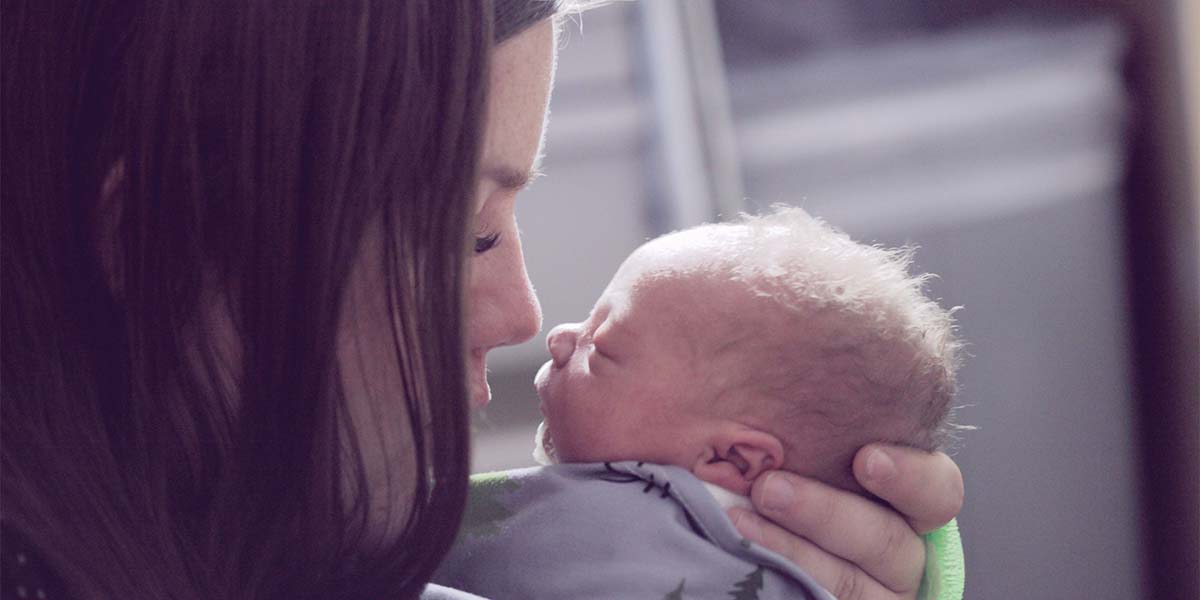
3 Common Postpartum Changes
Congratulations! The baby you have been waiting months to meet has finally arrived. But what should you expect now as you are adjusting to this new reality? For many women, this new stage of life comes with its own struggles that affect their mood, their body, and the way they view themselves. Here are 3 common postpartum changes that women often face – and some strategies for working through them and finding time to take care of your own needs.
Changes in the body
Pregnancy brings about so many changes to our bodies, but the changes don’t stop there. In the postpartum period, your body is going through its own phase of healing. Sometimes seeing these changes in our bodies can be difficult. The idea of achieving perfection in an Instagram world can make us think that we should instantly be back at pre-baby weight. But there are many factors at play now that you are going through this change! You may experience fluctuations in weight and depending on the birth your body may have its own challenges to face as it heals.
These changes to our bodies during the postpartum period can affect us in so many ways. Your body is healing from a trauma, your hormones are trying to restabilize, and the way you view your body can also change. Some women struggle to reconnect with their bodies and there is still so much stigma attached to the period after birth. Like the way your body heals, or how it can feel permanently altered. And these changes can feel devastating when the birth didn’t go as planned and you are still dealing with complications.
On top of that, you also have a new baby that has its own needs and schedule! You may be up all hours of the night with your newborn and while “sleeping when the baby sleeps” sounds good in theory, it can be hard to do in real life.
Changes in mood
In the postpartum period, you may experience mood swings, weepy spells, and irritability. While mothers often feel like they are supposed to have it all together, it is common to experience changes in your mood. Having postpartum depression, anxiety, and feeling fatigued or irritable does not make you a bad mom. Adjusting to the new reality of motherhood or adding a member to the family can be challenging for anyone.
Changes in how we think
Another thing many mothers experience is scary fantasies or intrusive thoughts about their baby. Many mothers experience scary thoughts about their babies getting hurt. These intrusive thoughts can make some mothers feel a sense of shame, but it is a common way anxiety may present itself. However, if you are having thoughts about harming yourself or your baby please seek medical attention. Many mothers are afraid to ask for help because they think if they do their baby will be taken away. But the goal in getting help is so you can be the best mom you can be so you and your baby are safe.
In our struggle to achieve perfection in an Instagram world, it can be easy to feel swept away by the idea of being the perfect mother, wife, etc that we get disconnected from who we are. In adjusting to this new reality, understandably, your view of yourself changes, but you are more than just a mother. Finding time or value in taking care of ourselves can be difficult when we feel like our main purpose is to take care of others. But you are important as well and it’s okay to take care of yourself.
What can you do?
The way we experience postpartum can affect our mental health and make us think less of ourselves. One way to start taking back some control of your mental health is by fitting in some self-care. Self-care can be as simple as taking a moment to put some lotion on your hands or letting your friend help you with the dishes. One misconception many mothers have is believing we have to do it all on our own. But it can be helpful for you and your baby to lean on your support system. Asking for help doesn’t mean that you are weak or that you can’t handle being a mother. It’s just another way of taking care of yourself to help you be the best mom you can be.
If it feels like you are struggling with these changes it is okay to seek help. In therapy, you can learn skills to help you cope with this new reality and reconnect with yourself to be the best you that you can be and the best mother you can be.
If you feel like you are struggling to keep up with the stress of having a newborn, or if the birth did not go as planned, therapy can help you find your footing again. Lifeologie Counseling has therapists who specialize in working with women struggling with postpartum depression and anxiety. Book a session with a Lifeologie therapist near you who specializes in pregnancy and women's issues, and reclaim the next chapter of your life!

About Lifeologie
Lifeologie Counseling was founded in 2000 with one goal in mind — to bring a fresh, innovative approach to the everyday problems of life. Creative solutions to stuck problems®. With our unique multi-specialty, collaborative approach, Lifeologie Counseling helps individuals and families heal their wounds and break out of old, unhealthy patterns.




